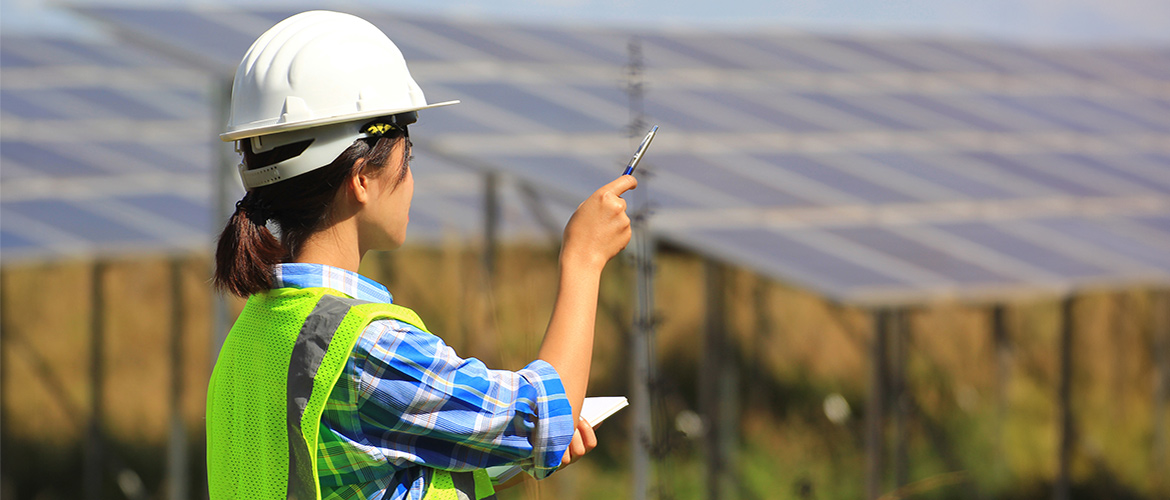Missoula Economic Partnership will offer job training to single mothers and expand development in clean energy with support from Blue Cross and Blue Shield of Montana.
As part of Missoula’s Clean Energy Workforce Coalition, MEP is launching a pilot program focused on creating clean-energy careers and increasing access to support services for low-income women and women of color. Additionally, the program will train employers to develop career paths more aligned with women’s caregiving needs and expanding that model to serve marginalized communities statewide.
The coalition has partnered with Mountain Home Montana, a nonprofit that provides housing and support for young mothers, to offer job training and a path toward stability.
“Offering that stability in housing and gainful employment is huge,” says MEP spokeswoman Chelsea Rabideau. “These are all parts of the work we do, building bridges with local governments and local businesses to support businesses and provide good-paying jobs.”
BCBSMT is among the federal, state and local funders of MEP’s job training project, providing a $75,000 Blue Impact grant toward operation and program costs through 2026.
“It’s a huge deal to create sustainable, fulfilling jobs and keep Montanans in Montana."
Nationwide, Missoula is one of 16 cities to receive a Good Jobs, Great Cities grant from the U.S. Department of Labor to support the $4.8 million project.
The Blue Impact grants are part of BCBSMT’s effort to support community investment focus areas, including the need to increase physical and mental health access, close care gaps, reduce employment barriers and increase job development.
“Small businesses are the backbone of the economy,” says John Doran, BCBSMT vice president of external affairs. “The work that MEP is doing is crucial to job growth and community satisfaction. We are proud to partner together to strengthen the workforce, stimulate the economy, and improve the broader health of the Missoula community.”
Rabideau describes the project as an opportunity toward middle-class resurgence. Missoula’s growing population and skyrocketing rents and home prices are leaving native Montanans uncertain if they can afford to stay there.
The COVID-19 pandemic accelerated a changing economy fueled by influx of out-of-staters flocking to the Treasure State for a better quality of life and relatively lower cost of living, Rabideau says.
“It’s a huge deal to create sustainable, fulfilling jobs and keep Montanans in Montana,” she says. “We're going to need electricians, plumbers, solar panel installers, all sorts of different careers, as we transition to new energy forms.”
Montanans, and especially Missoulans, feel deep connections to their neighbors, home and earth — all of which contribute to the value placed on their quality of life. The project will benefit everyone by reducing barriers for all workers statewide, reducing financial stress and inequity and leading to happier and healthier lives.
“We’re responding to the community’s changing needs,” Rabideau says. “We’re helping people begin a career path in industries that continue to grow and find housing. These are all parts of the puzzle to make sure people are healthy, stay happy and remain in this community.”

